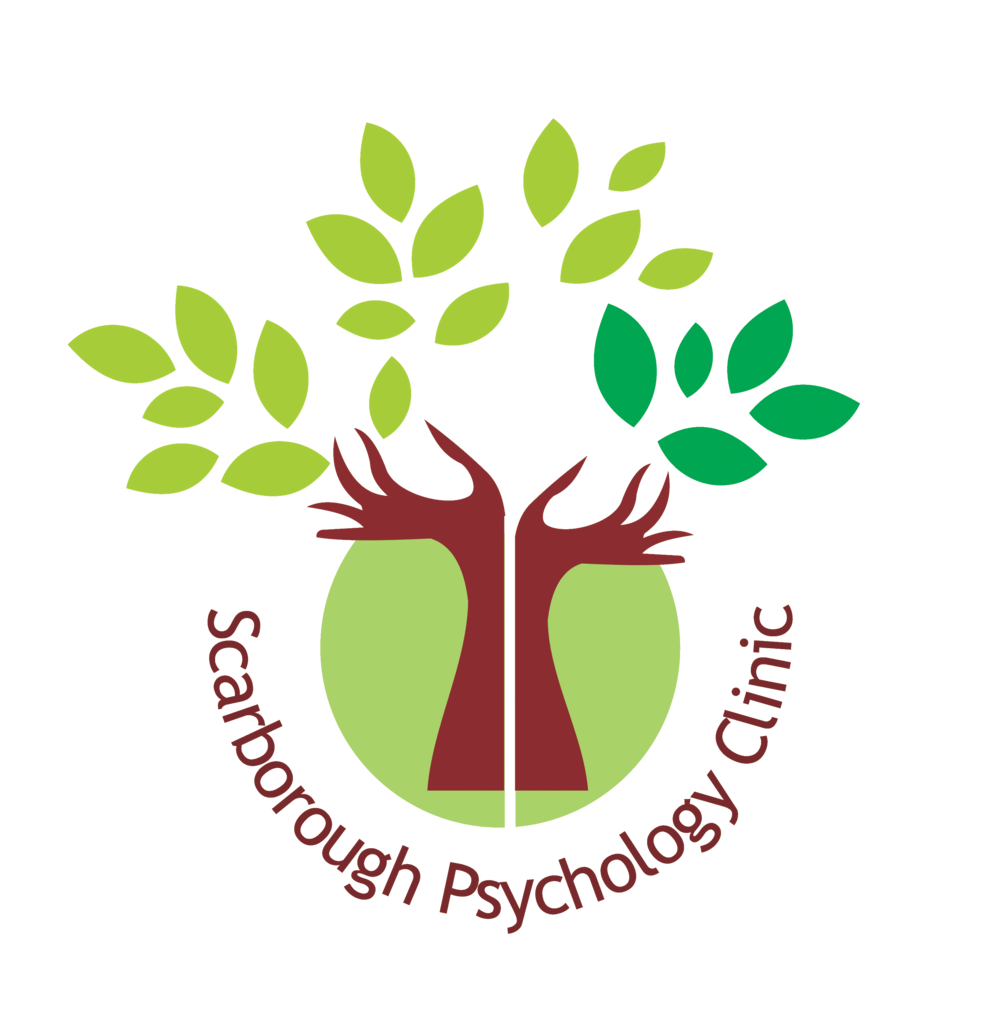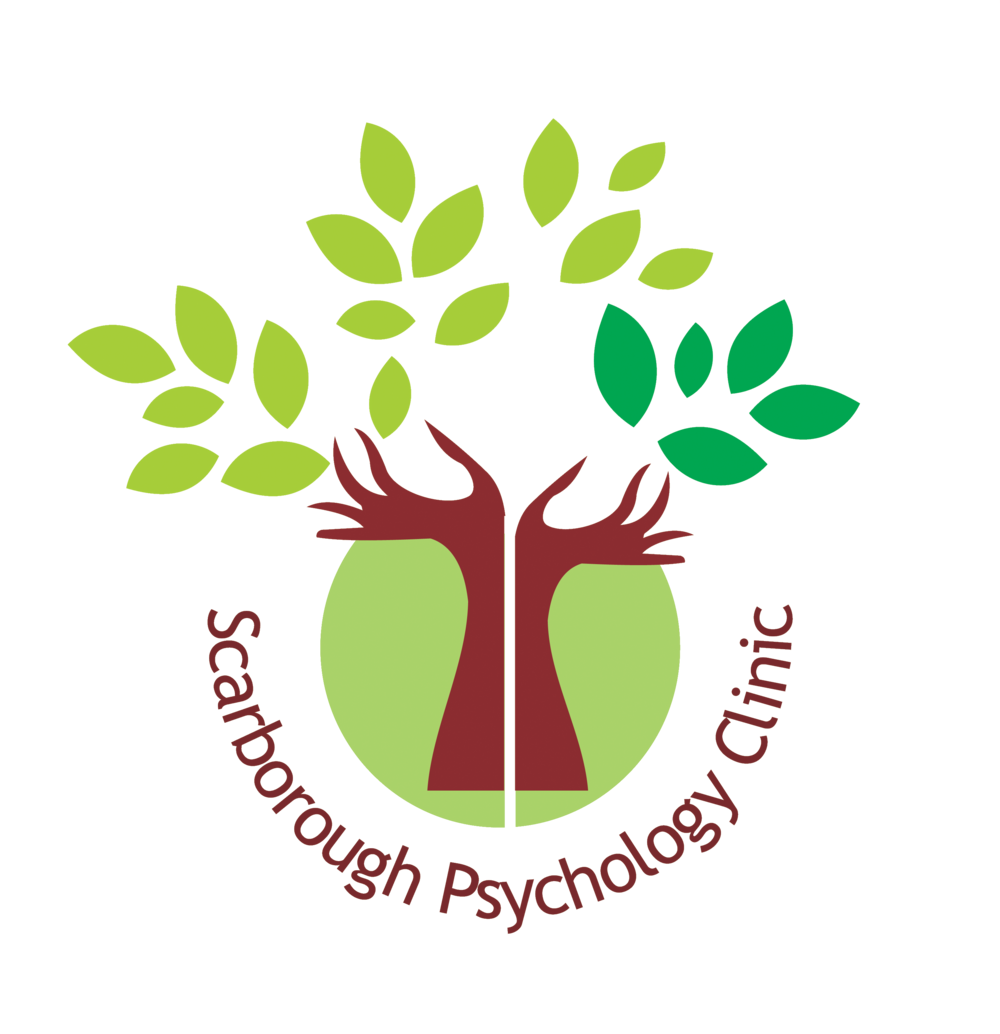“Anxiety is part of life, but never let it control you.”
 Do you frequently feel restless?
Do you frequently feel restless?
You get tired easily and feel fatigued even when you haven’t engaged in physically or mentally taxing activities?
Do you have difficulty concentrating or staying focused on tasks?
You experience headaches, muscle aches, stomachaches, or other unexplained pains?
Do you sometimes experience fear or panic that interferes with your daily functioning?
Anxiety disorders are a more common mental health issue affecting an estimated 1 in 4 people in Canada at some point in their lives. Anxiety can affect our lives in so many ways. When we experience anxiety disorders, we struggle to develop and sustain healthy relationships. We have difficulty keeping up with our school and/or employment demands. Anxiety can also affect our mood, concentration, sleep, and overall well-being. We cannot identify a single cause of Anxiety Disorders. However, various factors contribute and/or may put one at higher risk of developing an Anxiety Disorder.
These factors can include:
- Genetics
- Learned behaviors
- Childhood stress
- Imbalance in brain chemistry
- Exposure to acute prolonged stress
There are also other issues that contribute to Anxiety Disorders, such as:
- Environmental and external factors, such as Trauma, stress at work or school, financial stress
- Medical Factors, such as Anemia, asthma, infections, and several heart conditions
- Substance Use and Abuse, such as intoxication from an illicit drug, cocaine or amphetamines, or withdrawal from an illicit drug heroin, prescription drugs like Vicodin, benzodiazepines, or barbiturates
GENERALIZED ANXIETY DISORDER
Generalized Anxiety Disorder (GAD) is best characterized by persistent and excessive worry about various situations and life events. Some common symptoms that may occur:
- The worry and fear experiences might be intense and unrealistic to the situation.
- We may feel unable to control our worry.
- We can experience physical symptoms in response to our worry, such as restlessness, irritability, muscle tension, concentration difficulty, disturbed sleep, and fatigue.
- We may experience some physical symptoms like sweating, nausea, diarrhea, and an exaggerated startle response.
- These symptoms may have a direct or indirect impact on our day-to-day activities, physical and emotional well-being, work/school functioning, and/or personal relationships.
Even though GAD can be a chronic problem, it can be successfully treated with Cognitive Behaviour Therapy (CBT). CBT is an evidence-based psychotherapeutic treatment where a client and a therapist work collaboratively to understand problems in terms of the relationship between one’s thoughts, feelings, and behaviours.
PANIC ATTACKS & PANIC DISORDER
A panic attack is a sudden sensation of intense fear or terror that is accompanied by physical and cognitive symptoms. Panic attacks are triggered by a stressful situation and can be expected or without any apparent cue or triggers.
During a panic attack, we might experience:
- dizziness or feeling like fainting
- racing or pounding heart
- shakiness or trembling
- nausea
- chest pain and/or discomfort
- choking feeling
- numbness or tingling
- sweating
- feeling cold or flushed
- difficulty breathing or shortness of breath
- fear of losing control
- feelings of unreality or feeling detached from oneself
These experiences can be intense and overwhelming. A panic attack can reach its peak intensity within a few minutes. The experience of frequent panic attacks can really impact our lives and daily functioning. Panic disorder is when we experience frequent and unexpected panic attacks causing us to fear future panic attacks. This can lead to avoidance behaviors to escape any triggers that can cause a panic attack.
So, we may avoid places where we have experienced a panic attack in the past, like the grocery store, park, shopping mall, doctor’s clinic, school, work, etc. Panic Disorder can be effectively treated with Cognitive Behaviour Therapy (CBT).
SPECIFIC PHOBIA
A phobia is an intense and illogical fear of a specific object or situation. The phobic fear is usually irrational and unnecessary. We can often identify that our fear is irrational, but we remain unable to control our anxiety when exposed to that specific stimuli or experience. Some of the specific phobias include:
- fear of flying, driving, or travelling in the subway
- fear of enclosed spaces like elevators
- fear of needles, like injections
- fear of seeing blood
- fear of certain medical procedures
- fear of vomiting
- fear of clowns
- fear of loud sounds
- fear of specific animals (including insects & snakes)
- fear of heights
- fear of thunderstorms
- fear of water
Phobias can interrupt our life and cause us to avoid certain situations and this can impact our personal, occupational, and social functioning. Specific phobias can be effectively treated with Cognitive Behaviour Therapy (CBT).
AGORAPHOBIA
Agoraphobia is characterized by an intense fear of being stuck in a place or situation from where escape might be difficult, or help might not be available in case we develop panic-like symptoms or other incapacitating or embarrassing symptoms (such as fear of falling, incontinence, vomiting).
This fear can occur in any of the following situations:
- in public transportation (e.g., automobiles, buses, trains, ships, planes)
- being outside of the home alone
- in open spaces (e.g., parks, malls, parking lots)
- in enclosed spaces (e.g., elevators, motive theatres, shops)
- when in a crowd or waiting in line.
As a result, we may actively avoid situations where we experience anxiety or seek a companion who can accompany us in these situations. Such fears can interfere with our ability to work, attend school, socialize, travel, and even complete day-to-day tasks. Cognitive Behaviour Therapy (CBT) is one of the best ways to treat the same.
SOCIAL ANXIETY DISORDER
Social Anxiety Disorder is the fear of social situations or social interactions. This can include fear of public embarrassment or humiliation and/or fear of being judged negatively by others. Some of the symptoms include:
- fear of being judged in social interactions
- feeling anxious about meeting unfamiliar people
- fear of being observed while eating or drinking
- worry about feeling embarrassed when performing in front of others
- fear of feeling humiliated when giving a speech or presentation
- fear of showing anxiety symptoms in front of others
- any social situation is endured with intense anxiety or avoided completely
In severe circumstances, we may have difficulty functioning in any environment where contact with others is required (including work, school, and social interactions) and this can lead to avoidance and social isolation. Social Anxiety Disorder can be effectively treated with Cognitive Behaviour Therapy (CBT).
SEPARATION ANXIETY DISORDER
Separation Anxiety is one of the kinds of anxiety disorder that involves the experience of high levels of distress or panic when there is a separation from a person or place that provides us with feelings of security and safety. Some of the symptoms include:
- fear of the loss of attachment figure
- worry that the attachment figure has been harmed due to (illness, disaster, or death)
- concern about separation due to getting lost, being kidnapped, becoming ill, or having an accident
- refusal to be away from home due to fear of separation
- excessive fear of being alone or without the attachment figure
- avoidance of sleep anywhere away from home or away from the attachment figure
- experience of nightmares related to separation
- having physical symptoms (like headaches, nausea, vomiting, abdominal distress) when separated or anticipating separation from an attachment figure
We may experience such anxiety during certain childhood developmental stages, however, this kind of separation response can be excessive. It may cause impairment in our social and occupational functioning in adolescence and adulthood. Cognitive Behaviour Therapy (CBT) is an effective treatment for Separation Anxiety.

